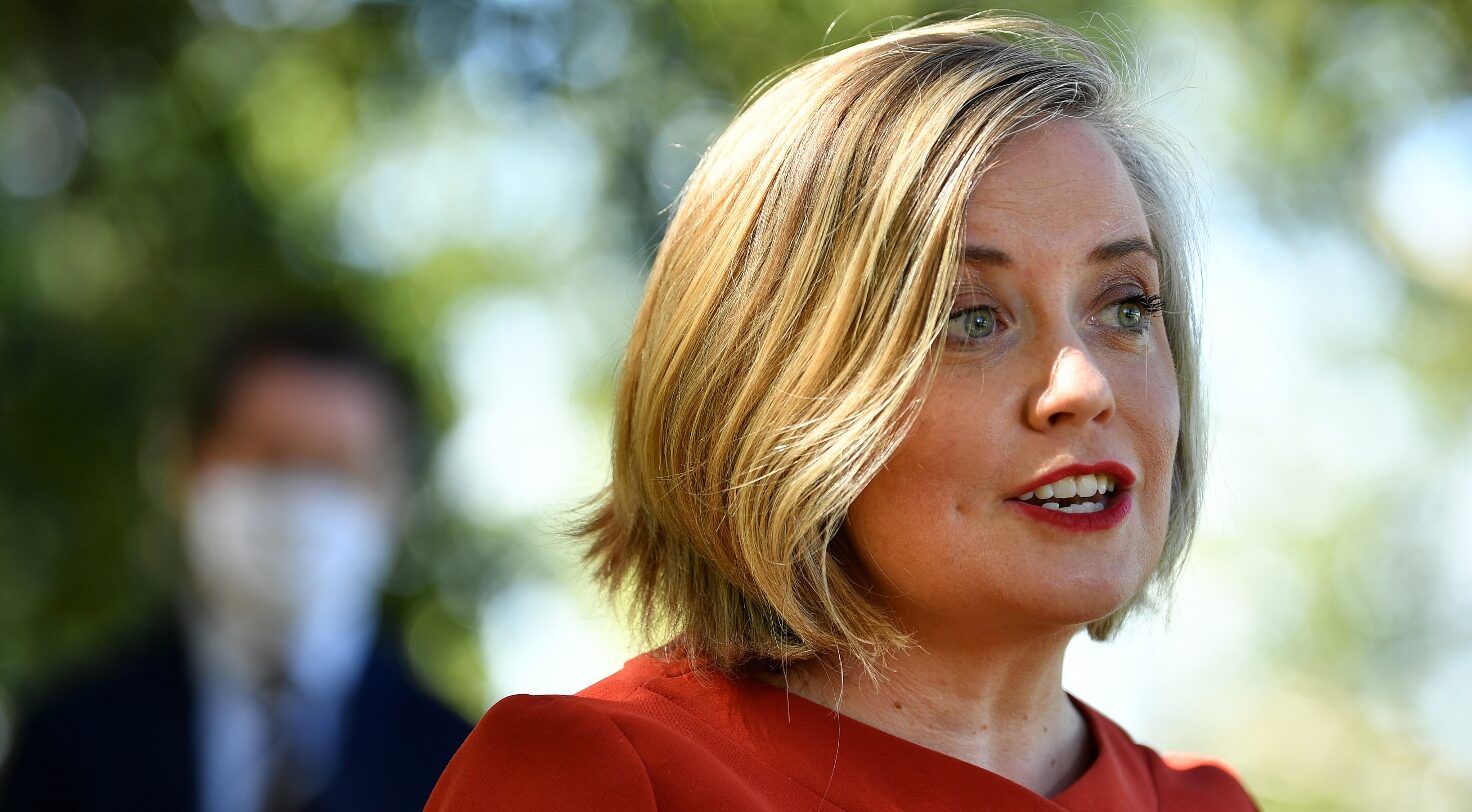
Talking Heads
“The prohibition of recreational drugs does more good than harm.”
Michael Gormly
When the US prohibited alcohol in 1920, it did not produce the nation of happy-clappy model citizens temperance unions had imagined.
Drinking increased, more women drank in the unregulated speakeasies, bootleg rotgut killed many, police corruption went viral and crime soared, spawning Al Capone and the St Valentine’s Day Massacre.
The same applies now to the prohibition of recreational drugs. The Australian Crime Commission estimates we spend up to $12 billion PA on imported illicit drugs. That’s a massive industry to be run by criminals, tax-free and unregulated. It proves prohibition isn’t working.
But it is harmful. If you pay for contents insurance, probably well over 50 per cent of your premium covers the risk of burglary committed by heroin addicts paying punishing bootleg prices. Now multiply that across the nation’ it’s a staggering amount.
The War against Drugs in Mexico has reportedly killed over 3,600 people this year. In one incident, five severed heads were thrown onto the crowded dance floor of a nightclub. Still, drug use rises. In the US, no-knock drug raids are killing more and more innocent people who wake surrounded by gun-toting troopers and reach for their own gun. All too often the cops have raided the wrong house or the tipoff was fake.
Prohibition makes the drugs themselves more harmful. While prescription drugs are controlled for obvious reasons, people can only guess what’s in illicit drugs or how strong the dose until they have taken them.
Meanwhile a global US-driven propaganda machine creates moral panic as it wildly exaggerates the harms of drugs to justify its War. Yet the risk of death from ecstasy (MDMA) is about the same as taking an international jet flight, and cannabis is far less harmful than alcohol or tobacco despite the deluge of stories about a tiny percentage who smoke it and also have psychosis.
There is no convincing evidence that legal, controlled availability would increase use. Rather the opposite ‘ usage rates are far higher in many tough-on-drugs countries than in liberal countries. For example cannabis use and incarceration rates in the US are around double those of the famously relaxed Netherlands.
Meanwhile we are criminalising and jailing thousands of our citizens at huge public cost, simply because they choose a different and less harmful drug than the legal ones. Crazy.
Michael Gormly is publisher of kingscrosstimes.blogspot.com
Andrew Woodhouse
There is no such thing as a ‘recreational’ drug. Marijuana, tobacco and alcohol are all mind-altering substances. For real, life-enhancing recreation try sports. Tennis or skiing, or music such like Saint-Saens’ organ concerto or anything by Bach. For those with more exotic tastes, try ancient Sanskrit poetry or Vermeer’s use of chiaroscuro in Dutch art. Heck, even these can be dangerous if obsessions lead to psychological neuroses.
Alcohol and something called the Australian way of life used to be synonymous. Not any more. We can’t afford the social costs of ambulances, police, hospital emergency care and family violence. And marijuana, for example, used to be distinguished from grog because it was thought to be less destructive.
However, it isn’t.
Megginson Hollister, PhD, clinical psychologist from the University of Southern California, says: ‘Street drugs and alcohol have been linked with significantly increased probability of developing schizophrenia, documented in over 30 scientific studies over 20 years. One study interviewed 50,000 members of the Swedish Army about their drug consumption and followed up with them later in life. Those who were heavy consumers of cannabis at age 18 were over 600 per cent more likely to be diagnosed with schizophrenia over the next 15 years.’ See www.schizophrenia.com
Our federal government has not totally prohibited drug use and allows drugs for personal’ use. I disagree. Why devalue the people’s potential as they waft in and out of a self-induced, smoky haze, wasting their life at others’ expense’ Mental institutions are already overloaded, all are funded by you and me.
Prohibition of alcohol in the 1930s lead to an underground trade and more illegal behaviour by liquor lords. Yet this does not support the case for making illegal things legal, and is not historically correct. It did actually reduce overall consumption, and it replaced one problem with others: increasing policing costs and corruption.
Prohibition is always necessary to protect society from itself. Individuals do not live in splendid isolation. I’m for a positive, healthy, happy life.
This isn’t just me talking about me. It’s about responsibility and maturity. And for God’s sake, let’s have more Bach.
Andrew Woodhouse is an urban environmentalist living in Potts Point









